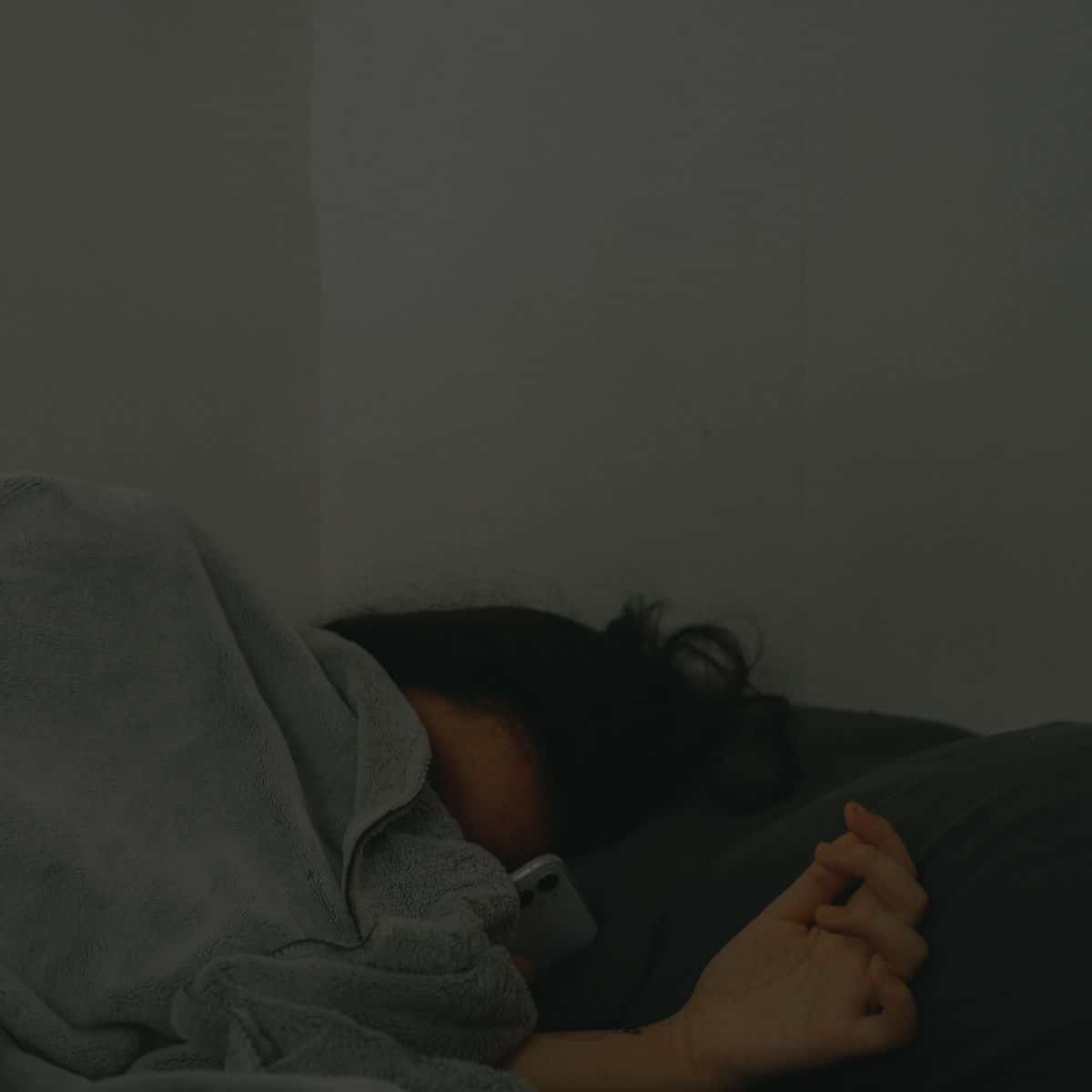
This site may earn commission from affiliate links. See policies and disclaimers.
Jump to:
In our fast-paced lives, it's often easy to forget how crucial a good night's sleep is. But getting high-quality sleep is essential to improve your inner self and outward appearance.
The Beauty-Sleep Connection
You've heard the phrase "beauty sleep," but did you know there's scientific truth behind it? During sleep, your body goes into repair mode, regenerating cells and replenishing energy stores.
This restoration process directly impacts your skin's health and appearance—collagen production, which keeps your skin firm and youthful, peaks during deep sleep cycles. You support your body's natural ability to heal and renew by consistently enjoying rejuvenating sleep.
The Science Behind Skin Rejuvenation During Sleep
While sleeping, your body undergoes a remarkable cellular repair and regeneration process. Your skin cells work tirelessly to repair the damage caused by daily stressors, UV exposure, and pollution. Collagen, the protein responsible for maintaining skin's firmness and elasticity, is abundant during deep sleep cycles.
Read this: Do this if you take collagen
The Importance of Deep Sleep
When you enter the deep stages of sleep, your body's blood flow to the skin increases, allowing for improved oxygen and nutrient delivery. This results in a healthier, more vibrant complexion.
Furthermore, during deep sleep, your body releases growth hormones aiding tissue repair and regeneration. These hormones are essential for repairing damaged skin cells and forming new ones, helping to smooth out fine lines and wrinkles.
The Mind-Sleep Connection
Sleep isn't just about physical rejuvenation; it is crucial for mental clarity and cognitive function. A well-rested mind is sharper, more focused, and better equipped to tackle challenges.
During sleep, your brain processes the information gathered throughout the day, consolidating memories and enhancing learning. A solid night's sleep can boost your problem-solving skills, creativity, and overall mental performance.
Managing Stress and Mood
Stress and sleep are intricately connected, forming a delicate balance. Lack of sleep can increase stress levels, making you more susceptible to anxiety and mood swings. Conversely, stress can lead to poor sleep, creating a vicious cycle.
Establishing healthy sleep habits gives your body the tools to manage stress effectively. Adequate sleep helps regulate cortisol, the stress hormone, promoting a more balanced and positive outlook.
Cortisol and Sleep
Sleep plays a significant role in cortisol regulation. When the sleep-wake cycle is disrupted, such as sleep deprivation or irregular sleep patterns, it can lead to dysregulation of cortisol levels, which can negatively affect stress management and overall health.
Inadequate sleep or poor sleep quality can lead to:
Elevated Cortisol Levels: Lack of sleep can lead to higher cortisol levels, even when they should naturally decrease. This prolonged elevation of cortisol can contribute to chronic stress and its associated health effects.
Practical Tips for Glowing Sleep
Creating Your Sleep Sanctuary
Your sleep environment can significantly impact the quality of your rest. Transform your bedroom into a tranquil oasis by decluttering, using calming colors, and investing in comfortable mattresses and pillows. Consider adding blackout curtains to ensure complete darkness, which signals your body that it's time to sleep.
Embracing Consistent Bedtime Rituals
Establishing a bedtime routine can signal your body that it's time to wind down. Engage in calming activities such as reading, gentle stretches, or meditation. Avoid screens at least an hour before bedtime, as the blue light emitted can interfere with your body's natural sleep-wake cycle.
Mindfulness for Restful Nights
Practicing mindfulness techniques can quiet a racing mind and promote relaxation. Deep breathing exercises or progressive muscle relaxation before bed can alleviate tension and anxiety, setting the stage for peaceful sleep.
The one thing I've done to help prioritize my sleep
Initially, I bought an Oura Ring for my birth control, Natural Cycles, but it has since become an integral part of my daily life because it automates my sleep, stress, and activity tracking.
The Oura Ring is a wearable technology used to optimize your sleep and overall wellness. With its unobtrusive design, the Oura Ring discreetly tracks key biometrics—such as heart rate variability, body temperature, and sleep stages—providing deep insights into your sleep quality and overall health.
Its personalized recommendations helped me tailor my sleep routine, adjust daily activities, and refine dietary decisions by allowing me to track the interventions I'm testing to enhance my overall health.
If you're seeking a wearable that actively contributes to your sleep goals and holistic health journey, the Oura Ring is undoubtedly a compelling choice.
My sleep journal
Before I got the Oura Ring to automate my tracking, I kept a sleep journal to record my sleep manually. This is the Sleep Journal I used.
Doing this taught me more about my sleep patterns, habits, and emotions. It helped me understand how different things affected my sleep. I found connections between my daily routine and the quality of my rest. By using the insights I gathered, I was able to make changes that improved my sleep.
summary
As we've explored in this article, sleep is not just a period of rest; it's a critical component of your journey toward becoming the best version of yourself.
So, remember, the next time you hit the snooze button. You're not just catching a few extra winks but investing in your glow up era.
Sweet dreams.





Leave a Reply